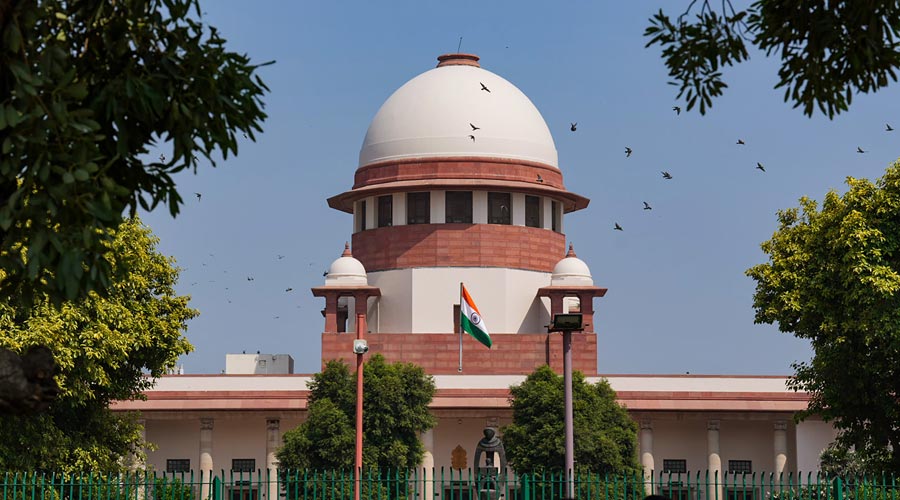Bail may be the rule and jail the exception, but this principle does not seem to have sunk in among some of the judiciary in the lower courts yet. Had it been otherwise, Indian prisons would not have been crowded with under-trial prisoners, many of whom have neither the money nor the social reach to arrange for bail. The Supreme Court, which reiterated the principle regarding bail many times, reportedly asked high courts to withdraw judicial work from those judges in the lower courts who send the accused to custody without a thought as to whether the cases warrant such action. The effect was double: it sent people unnecessarily to custody and thus forced them into further litigation. In some courts, the accused could be sent off to be locked up as soon as they appeared in response to summons. Such judges should be sent to judicial academies to be ‘re-oriented’ regarding the law of the land.
The order to high courts came in response to a survey that gathered data about compliance with the Supreme Court’s July 2022 guidelines regarding arrest and bail. In that set of instructions, the police had been asked not to make arrests routinely if the alleged offence carried a penalty of less than seven years’ imprisonment, and judges were asked to apply their minds in deciding custody. Bail should be disposed of within two weeks after application and anticipatory bail in six weeks. Courts in Uttar Pradesh, including the one in Hathras, noticeably lacked compliance with the Supreme Court’s order. As the state is not famed for its even-handedness, this was telling. The Supreme Court also required that the Gauhati, Orissa and Madras High Courts be made aware of the non-compliance among their lower judiciary. The latest order underlined the importance of the first stage of the justice process: the number of under-trials and the paucity of bail indicate that the process is failing at some level in spite of repeated instructions. But an understanding of non-compliance would have to include the increasing attempts at political intervention in the justice process and the undermining of institutions, such as the police. The attempts are most obvious at the lower levels of the system. Following the Supreme Court’s guidelines strictly would be the single most effective way of countering such interference.











